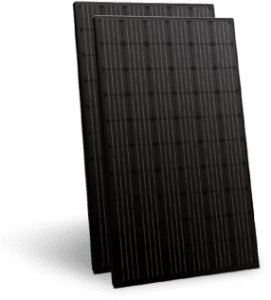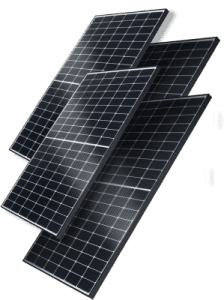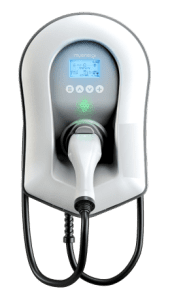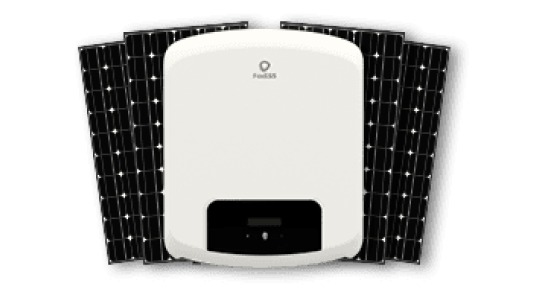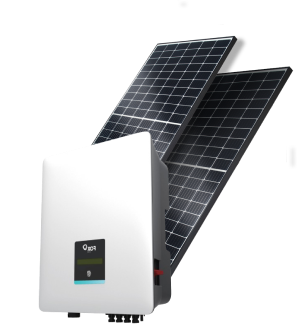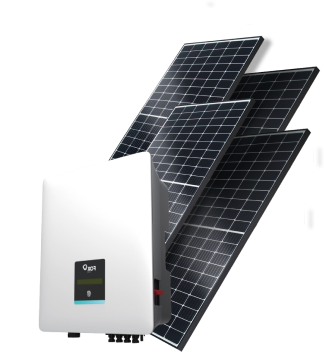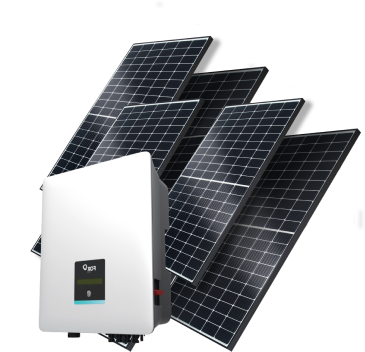Extraordinary Powerbill Savings with MCS-Certified Solar Panel Installers in the UK
Easy quotes - friendly guidance - No pushy sales - Fast installations and Award winning After sale service.
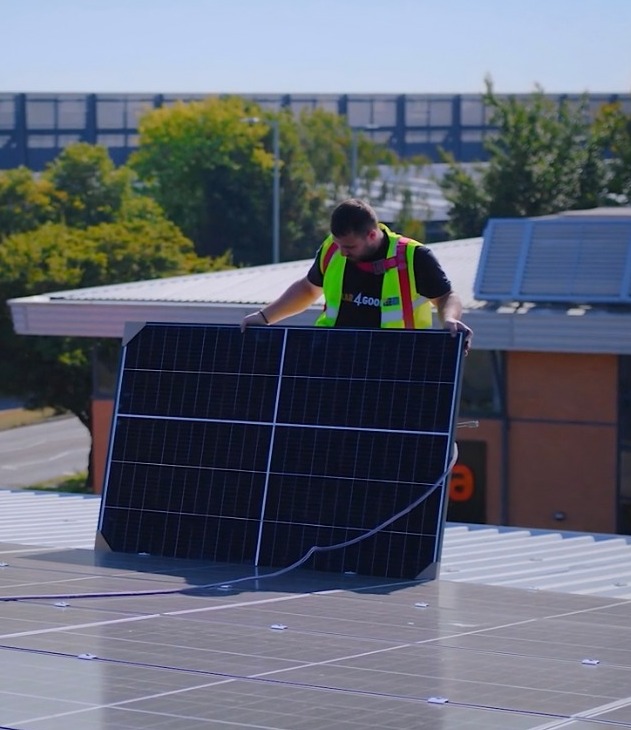
You're in Safe, Certified Hands.
Our work meets the highest standards, backed by leading accreditation like MCS, NAPIT, HIES, Trustmark, ICO and ePVS.
When you choose us, you're choosing excellence.
Our Associated Partners







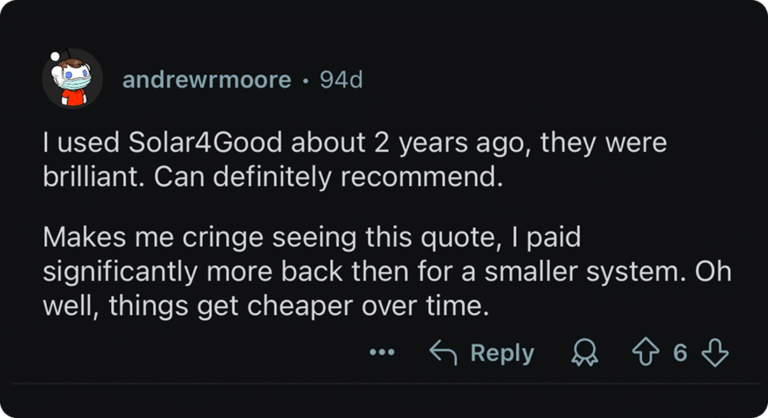
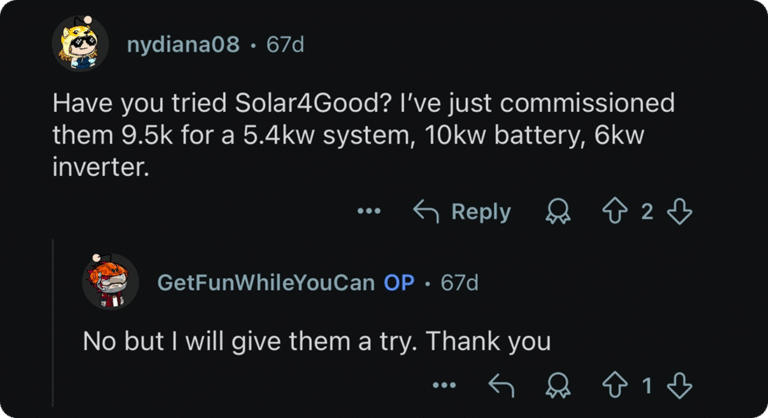
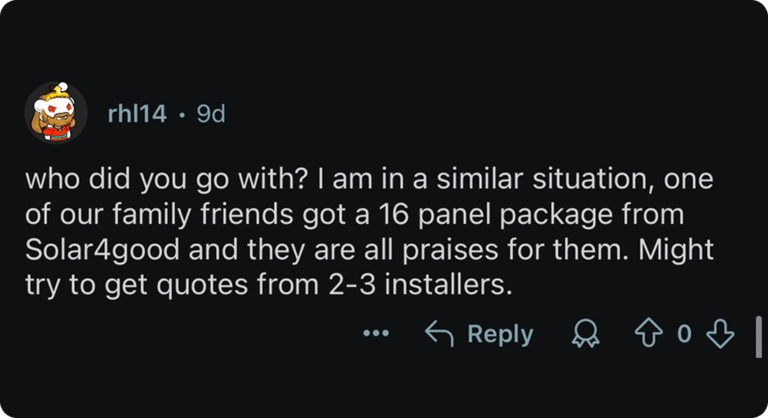
Trusted
Solar Panel Installer in UK
Understanding solar panels and solar energy is vital for UK residents considering installation.
As trusted solar panel installers in the UK, Solar4Good excels at solar power installations, placing the best solar panels on your property for maximum efficiency and savings. We capture sunlight through photovoltaic cells, converting it into eco-friendly electricity.
This minimizes your carbon footprint while delivering cost-effective energy solutions. As a leading solar panel company in the UK, we’re committed to a sustainable energy future through expert solar installation services. Whether you’re looking for residential or commercial solar power installation, we provide tailored solutions to ensure you get the best solar panels for your needs.
Solar Products
Four things guaranteed :
Top Brands, Top Quality, Top Service and Best Prices
We install world’s top solar brands
To give you the best solar experience
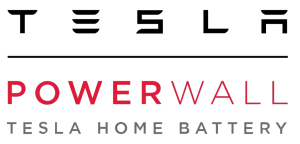









Save heavy on your power bills
RESIDENTIAL SOLAR PACKAGES

Includes
- Solar + Battery
- 16 Panels + 13.5 kWh (Tesla) Battery Storage
- Fully Installed
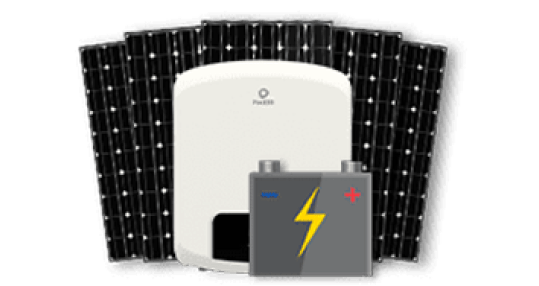
COMMERCIAL SOLAR PACKAGES
Why Choose Solar4Good

MCS, HIES, NAPIT, EPVS ACCREDITED

25 years warranty

15 years industry experience
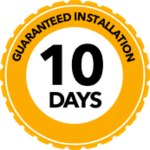
10 Days guaranteed installation

0% vat on solar and storage
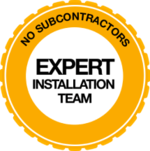
in house accredited installation team
No Subcontractors

Affordable payment plans

500 + 5 Star reviews across platforms
* Terms and conditions applied on all offers
Save heavy on your power bills
Customer Reviews &
Success Story
Read testimonials from our satisfied customers and learn about their experiences with Solar4Good. Our solar PV installation success stories highlight the positive impact of solar installation near me searches, leading customers to our expert services, showcasing why we are one of the most trusted solar panel installation companies in the UK.
These real-life stories demonstrate how solar installation companies like Solar4Good can transform homes and businesses with efficient renewable energy solutions. Whether you’re searching for solar installation near me or comparing top providers, our proven track record shows why we are the go-to choice for quality and reliability.
See how customers overcome solar installation challenges in a day
The equipment was dropped off the day before which was a problem as it weighed a ton and I was alone in the house… They were, however, very helpful in explaining the setup.
All the people involved were brilliant – dedicated, knowledgeable, professional, competent and friendly. The equipment is excellent… installation has exceeded my expectations.
Initial installation and final work was carried out with professionalism and friendliness, and Joy guided me through the whole process.
See how customers secure unbeatable solar quotes with zero hidden fees
As far as I could see nobody came close on price or service. Communication has been great from start to finish.
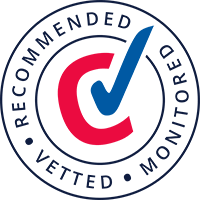
I was quoted a significantly competitive price compared to other quotes. Overall my experience has been incredible.

Quoted a competitive price and the process was seamless. Working with Manan’s friendly team was a great experience, and I’ll use them again!

See how customers unlock instant energy savings with solar
The system is very efficient and we are charging an EV from home. Saving money too!

My solar system was installed this morning—I changed my lifestyle and have already saved money. Very knowledgeable team—smooth and stress-free.

See how customers benefit from responsive after-sales care
Work completed quickly and professionally. They even came back for after-sales too.

Great service — wouldn’t hesitate to recommend. Installer helped to set up the system cleanly, tidily, and professionally.


Awards & Recognition
in the Solar Industry
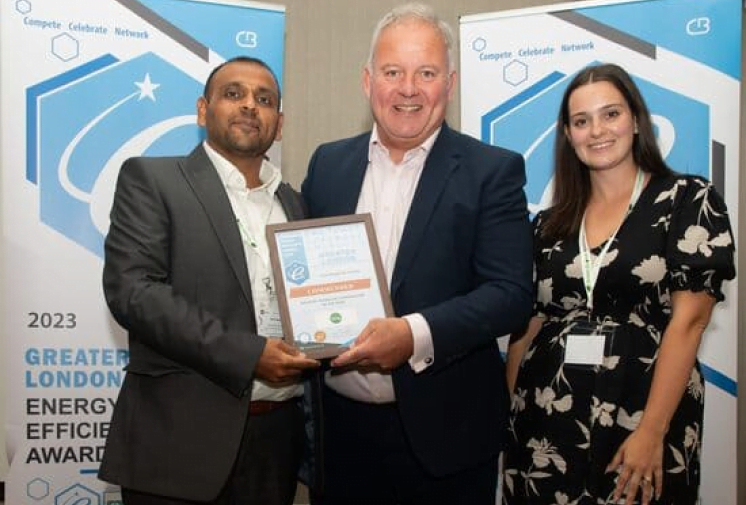
SOLAR PV INSTALLERS - Certified Experts
of the Year 2023 (Commended)
Solar4Good was commended as the Solar PV Installers of the year (2023) for our unwavering high-quality solar PV installations and promoting sustainable energy solutions has been acknowledged and appreciated by Energy Efficiency Awards (Regional).
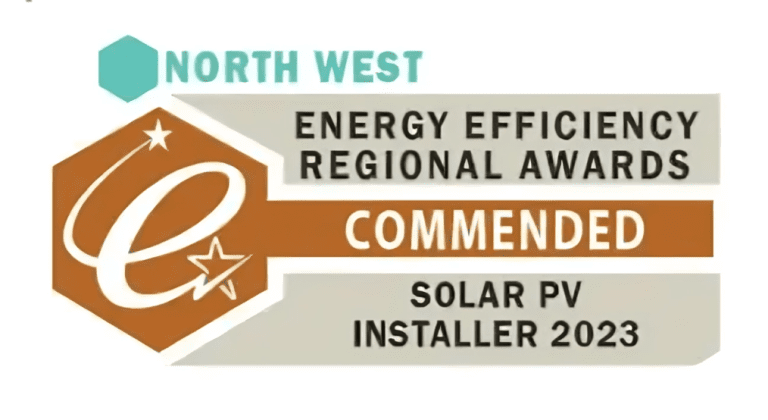
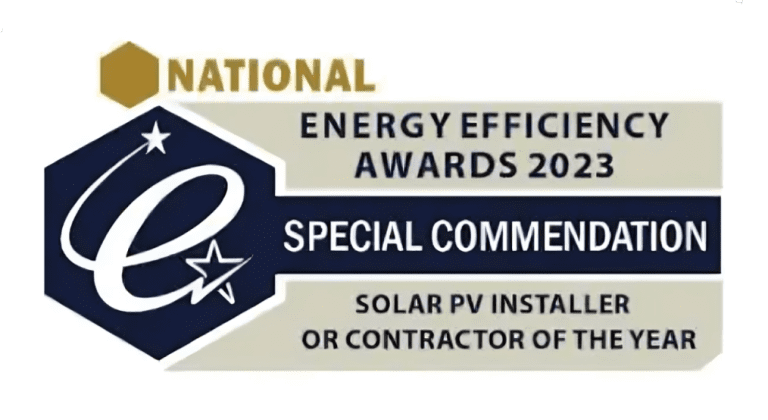
Nationwide Solar Panels for Home Installations Across the UK
Solar Panel Installations Across the UK
Solar4Good is a leading renewable energy company offering expert solar panel installation UK. Our specialist teams deliver professional solar panels installation, tailored specifically to your local area’s requirements.
As trusted solar power installers, we provide high-quality solutions that meet your energy needs. Whether you’re searching for solar installation near me or comparing solar panel installation companies, our expertise ensures exceptional results. Among the top-rated solar installation companies in the UK.
Whether you’re seeking the best solar panels UK for your home or require commercial-grade solar panels UK for your business, we provide customized solutions focused on efficiency, affordability, and long-term savings. Our certified solar panel installers ensure each project meets your energy goals and property specifications.
We also offer aesthetic solutions like in roof solar panels, designed for seamless integration into your home while maximizing performance. With a strong focus on green energy and precision solar power installation, we help property owners across the UK transition to cleaner power.
Benefits of Choosing Solar4Good Nationwide:
- Personalised design and installation by local solar professionals.
- Access to the latest solar panels UK with efficient output.
- Seamless process from consultation to final installation
Join thousands across the UK who trust Solar4Good for dependable, tailored solar energy.
Frequently Asked Questions
Solar panel installation refers to the process of placing solar panels on a residential or commercial property to harness sunlight and convert it into electricity. It involves mounting the panels on rooftops, carports, or ground-mounted structures.
Solar panels contain photovoltaic (PV) cells that convert sunlight into direct current (DC) electricity. The panels made of multiple PV cells, which generate an electric current when exposed to sunlight. An inverter then converts the DC electricity into alternating current (AC), which is used to power electrical devices in your home or business.
Most homes are suitable for solar panel installation as long as they receive sufficient sunlight. A south-facing roof with minimal shading is ideal, but solar panels can also be installed on east- or west-facing roofs. We conduct site surveys to assess the feasibility of your roof for solar power installation.
Explore various ways Solar panel installers can integrate solar panels into your property:
- Flat Roof Installations: Lay panels in tubs or on frames for flat roofs.
- Achieve correct elevations to maximize sunlight exposure.
- Pitched Roof solar installation: Ideal for pitched roofs, depending on their orientation. Standard metal fixing frames hold panels directly on existing roof tiles.
- In-Roof Solar: Save on material and labor costs during new roof fittings. Replace a section of tiles lying flush with the roof’s surface. Perfect for new build and renovation projects.
For Large-Scale Commercial Installations:
- Ground-Level Installations: Ideal for commercial sites with limited or unsuitable roof space.
Assess feasibility for domestic properties based on sunlight availability. - Ground Mount Tubs: Offer a low-profile ground-mounted solution. Work well with smaller domestic installations.
- Frame-Supported Ground-Mounted Systems: Provide optimal elevation, especially in agricultural settings. Increase ground clearance for additional use, benefiting livestock.
Discover the versatility of solar panel installations with solar panel installers, ensuring a tailored solution for your property’s layout and requirements.
The cost of solar panels can vary depending on factors such as the size of the system, the type of panels used, and the complexity of the installation. Generally, the cost includes the price of the panels, inverters, mounting equipment, installation labor, and any necessary permits. It’s best to obtain quotes from multiple solar installers to get an accurate estimate for your specific situation.
Solar power installations are designed to be durable and long-lasting. Most solar panels come with warranties guaranteeing their performance for 20 to 25 years. However, high-quality panels can continue generating electricity well beyond their warranty period, often lasting 30 years or more with proper maintenance.
Many renewable energy companies UK offer advanced solar solutions with extended warranties and high-efficiency panels, ensuring long-term energy savings and sustainability. Choosing a reputable solar panel company can help maximize the lifespan and efficiency of your system.
Solar panels can still generate electricity on cloudy or rainy days, although their output will be reduced compared to sunny days. While direct sunlight is ideal, solar panels can still produce significant power in diffused or indirect sunlight. Additionally, excess electricity generated during sunny days can be stored in batteries or fed back into the grid for later use.
While it’s technically possible to install solar panels yourself, it is generally recommended to hire a professional solar panel installation companies. Solar panel installation involves electrical work, knowledge of building codes and permits, and proper system design to maximize efficiency. A professional UK solar panels installer will ensure the panels are safely and correctly installed, comply with regulations, and may also assist with paperwork and permits.
Yes, solar panels can significantly reduce your electricity bills. By generating your own electricity, you rely less on the grid for power, resulting in lower monthly bills. The exact savings will depend on factors such as your energy consumption, the size of the solar system, and local electricity rates. In some cases, you may even generate excess electricity, which can be credited or sold back to your utility company.
Yes, there are various financial incentives available for solar panel UK installations. Homeowners and businesses can take advantage of several government-backed programs and benefits, including:
Smart Export Guarantee (SEG) – Get paid for exporting excess electricity generated by your solar panel installation back to the grid.
0% VAT on Solar Panels in UK – The UK government offers zero VAT on domestic solar panel installations, reducing upfront costs.
Local Grants and Funding – Some councils and renewable energy companies UK provide grants to support solar adoption.
Lower Energy Bills – Installing solar panels helps reduce reliance on the grid, significantly cutting electricity costs.
Yes, it is often possible to add more solar panels to an existing system in the future. This depends on the design and capacity of your current system and the available space for additional panels. It’s best to consult with a solar professional to assess the feasibility and compatibility.
To find the best solar panel installers near you, look for reputable solar panels company with strong customer reviews, industry certifications, and experience in installing solar systems tailored to your needs. You can explore trusted solar panel installers for reliable services.
Yes, you may still pay for electricity even with solar panels in the UK. Solar panels generate power during the day, but at night or on cloudy days, you may need grid electricity unless you have battery storage. You’ll also pay standing charges to your energy supplier. However, you can sell excess power through the Smart Export Guarantee (SEG) to offset costs. A well-designed system with battery storage can significantly reduce your electricity bills but may not eliminate them completely.
The time required for a solar panel installation can vary based on several factors, including system size, roof complexity, weather conditions, and necessary approvals. In most cases, the actual installation of the panels can be completed within a day or two, but the entire process—from initial assessment, obtaining permissions, and final grid connection—may take longer. Our team at Solar4Good ensures a smooth and efficient installation while keeping you informed at every step. For a more accurate timeline tailored to your property, we recommend a free consultation with our experts.











